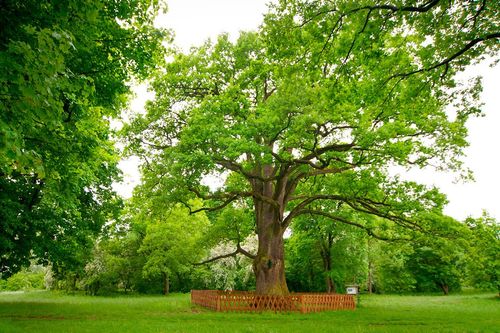Road widening threatens Dutch Tree of the Year 2019
2/27/2019 | Hannah Boylan
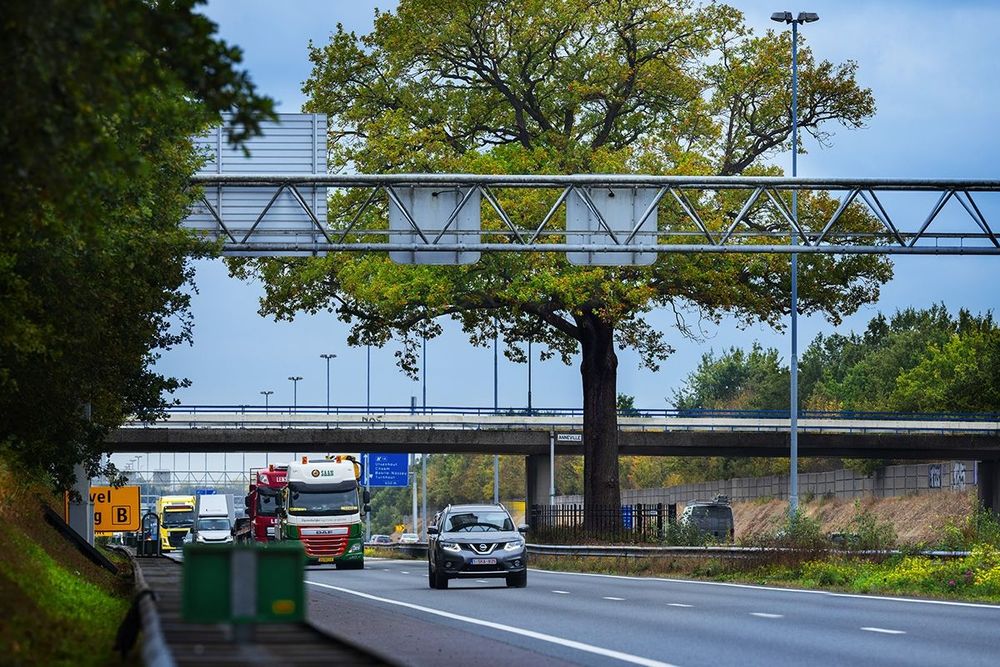
Even after surviving the construction of a highway, this 180-year-old tree is still in peril. Plans to create another lane on the road that the tree has stood in the center of for 30 years, propose its felling!
The tree began its life, along with many other trees, on a Dutch country estate. In 1986, the A58 motorway was built, many trees fell during the process. The ‘Pet-Oak’ however, was lucky enough to be standing where the central reservation was supposed to be and survived. Its prominent position has made it become a much-loved tree, especially by the motorists who pass so close to it daily. The affection for the tree has become so strong that it was voted Dutch Tree of the Year.
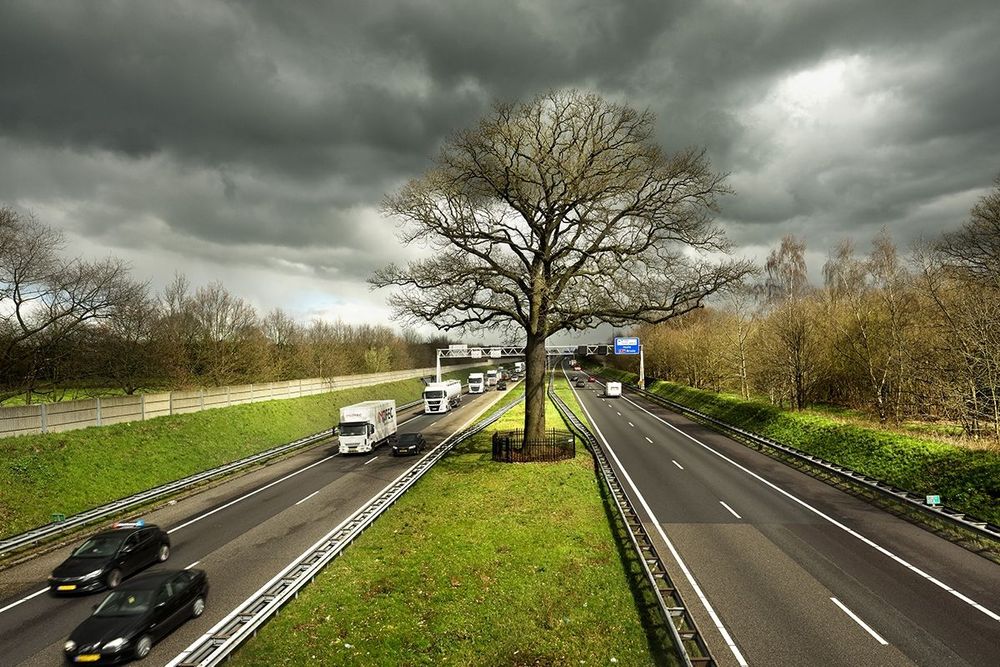
As is common in many places, the amount of traffic on the A58 has increased many times in the last 30 years, and as a way to combat traffic jams, Rijkswaterstaat (the Public Works and Water Management Department) has announced plans to add an extra lane to each side of the road. Due to a nearby viaduct not being wide enough, they need to use the central reservation land where the perfectly healthy, 200-year-old tree stands. Alternatives have been looked into, but initially the only other solution could cost as much as 3.5 million euros!
However, the love for this tree was displayed when the ‘Pet-Oak’ won Tree of the Year. This victory has brought much-needed publicity to the cause and encouraged a search for an alternative solution.
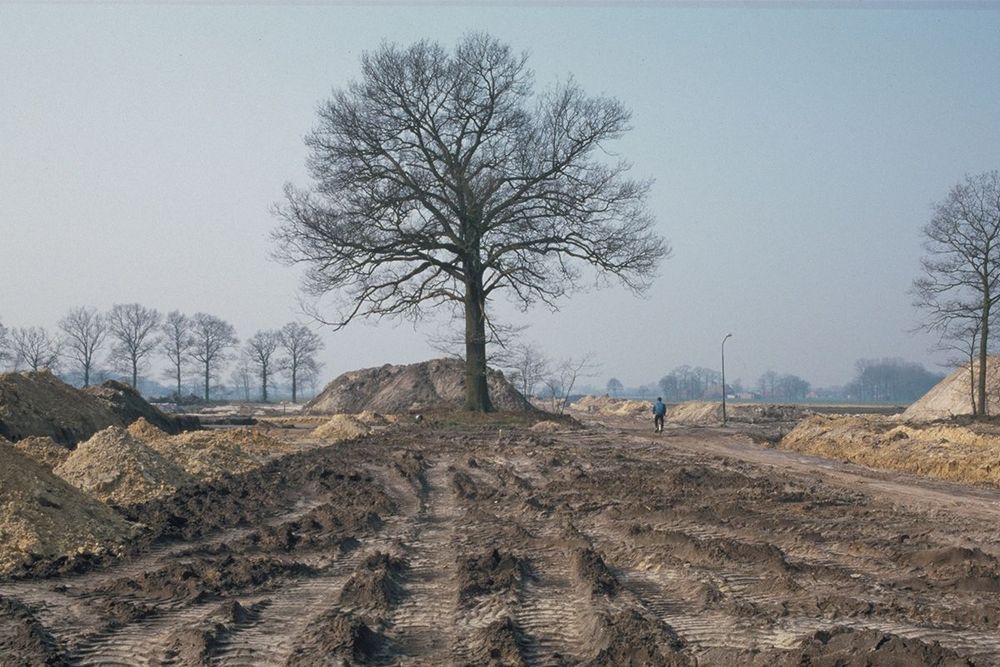
The organiser of the national contest, SBNL Natuurfonds, have given Rijkswaterstaat, who now owns the tree, the 2500 € prize money on the proviso that it must be used for its care and management, it was accepted by the Minister of Rijkswaterstaat, Cora van Nieuwenhuizen, who said, “It is important that attention is paid to the preservation of nature.” The prize money will only be given when the future of the tree is known. The minister commissioned a second search for alternative options at the end of 2018, and there now may be a solution that costs only 2.1 million euros. For now, the decision has yet to be made and so its future remains up in the air.
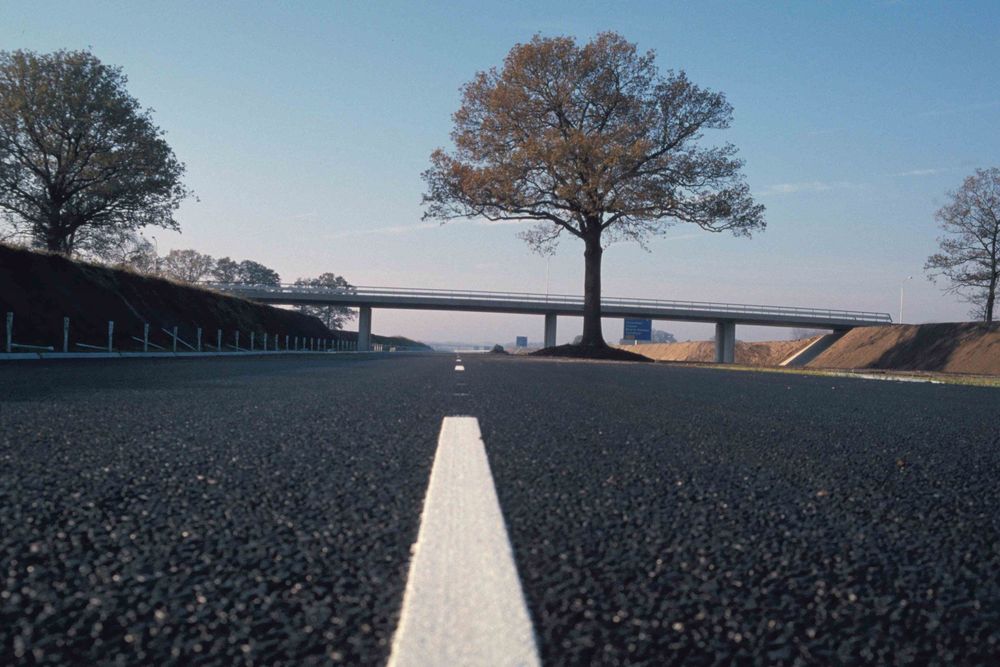
Sources:
Share
